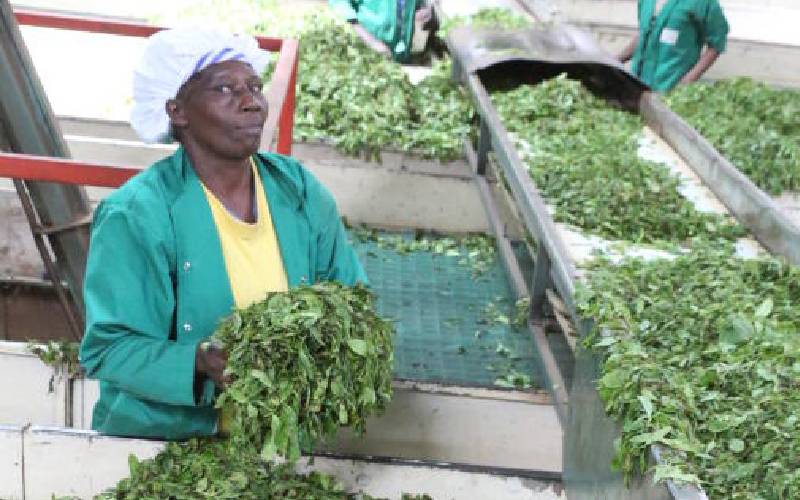×
The Standard e-Paper
Fearless, Trusted News

Small scale tea farmers are at risk of losing their traditional dominance of Africa tea exports if proposed government reforms sail through.
Kenya Tea Development Agency (KTDA), which runs 69 tea factories bringing together almost 700,000 small scale farmers, claims the reforms proposed by the Ministry of Agriculture might do more harm than good to the Sh100 billion-a-year sector.







